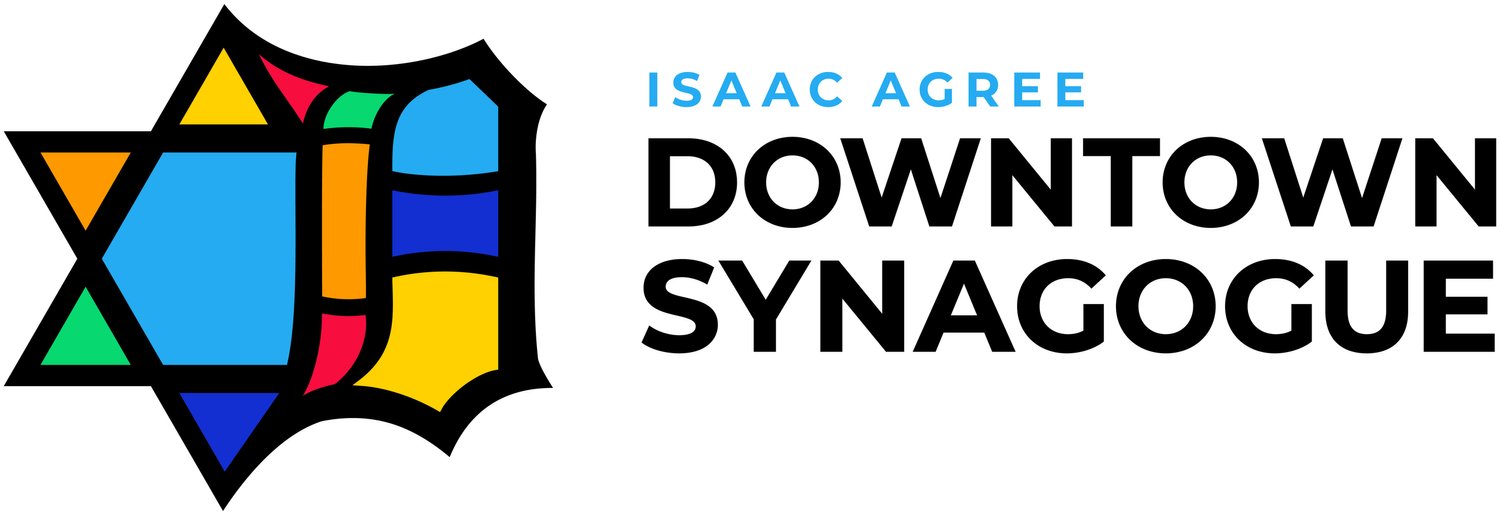We are all asking questions. As Rabbi Neil Gillman has pointed out, we ask questions, and especially theological ones, when our familiar patterns are disturbed. Over the past month, and particularly as we celebrate a holiday that was supposed to feel familiar, our questions have intensified. We ask what is expected of us. We ask when everything will be normal again. We ask why God allows good people to suffer. And some of us face this holiday with tremendous pain and ask why God allowed our loved one to die.
We may seek clear and immediate answers that don't come. That uncertainty, that liminality, that mourning, that challenge to our faith can break our hearts.
And yet the seder, a ritual filled with gratitude and celebration, also encourages us to ask questions. We start our story with questions, and they are assigned to the youngest person at the table, perhaps so that it is the first thing a child learns about what a person is meant to do at a seder. And lest you think that asking questions is reserved for those who are not knowledgeable, we read that what distinguishes the "wise" child is the sophistication of that child's question.
We are a people whose ritual enactment of liberation does not come without questions. And perhaps the intimacy of our smaller seder table will allow us to ask new questions this year. It has the potential to break our hearts, and it has the potential to give us space to find new comfort and insight. It may also strengthen us to ask the questions we may not be asking enough during this challenging time--requesting the help we need, asking how to help others, asking how to build a different future. Perhaps our liberation today is also inextricably linked to questions. Let us take some time to sit with them. And then begin to shape the next chapter of our collective story.
May you have a joyful, insightful, questioning Pesach, and may that bring each of us closer to the wisdom we seek.

